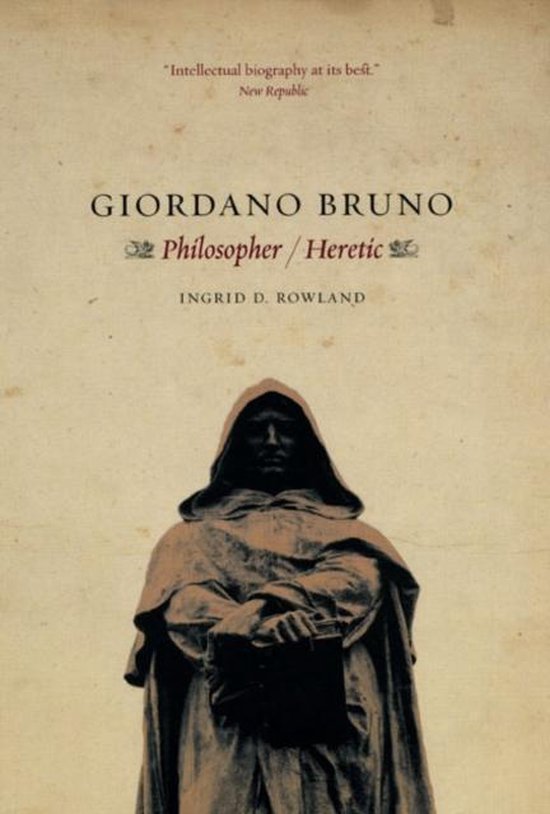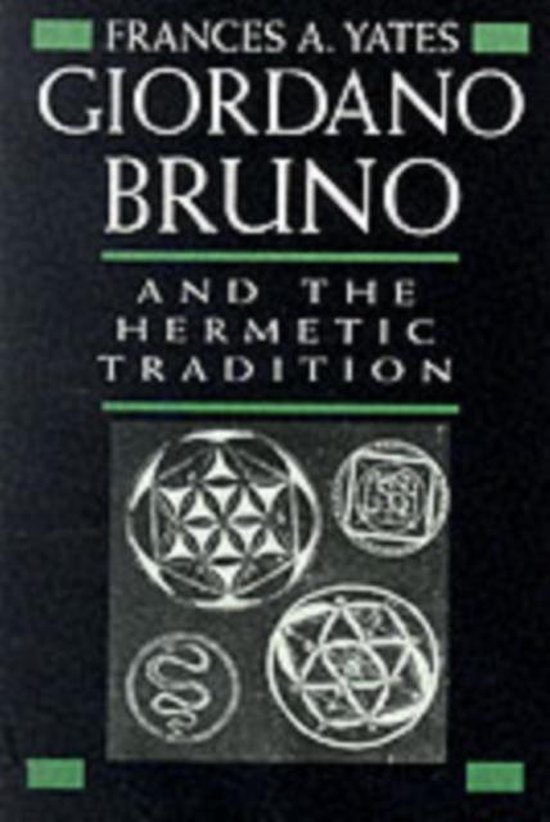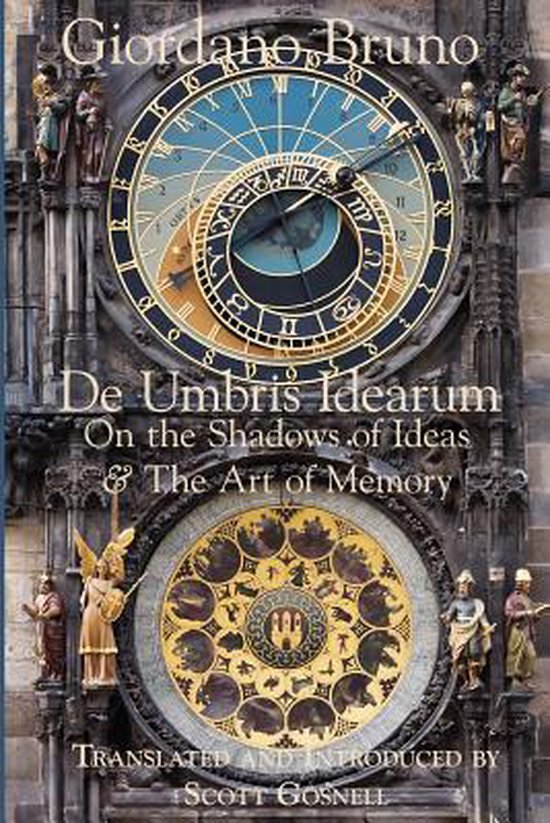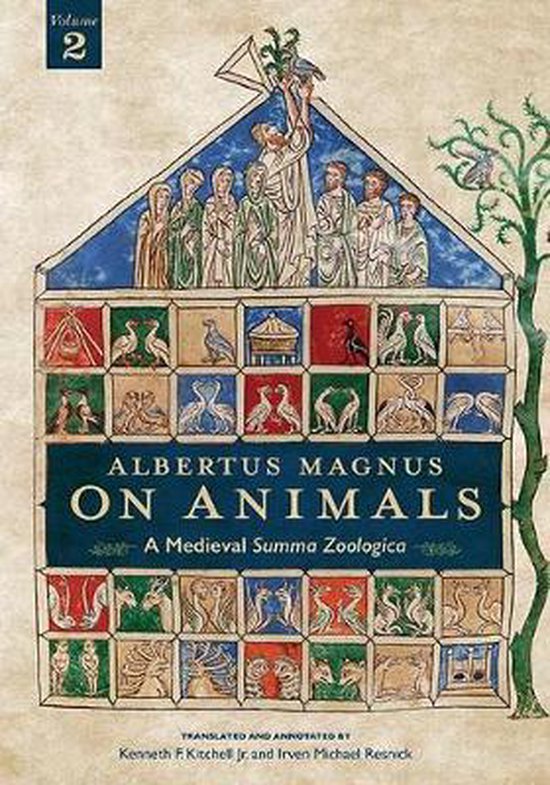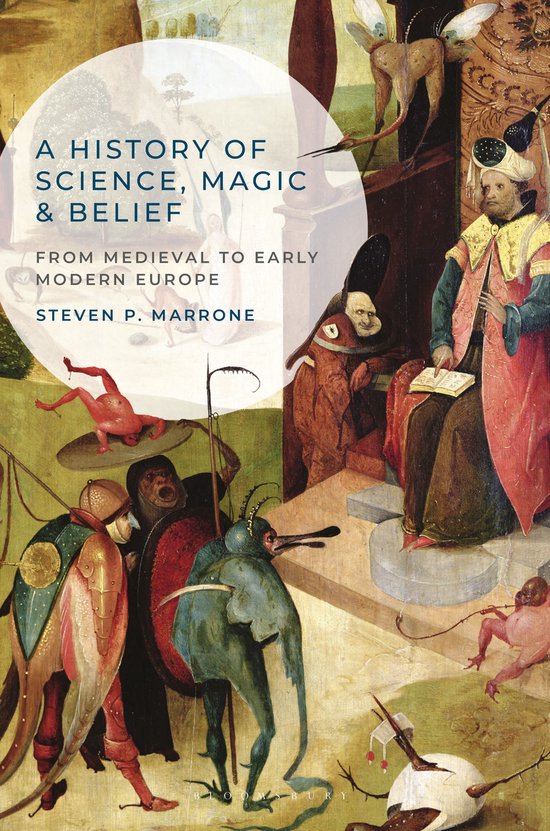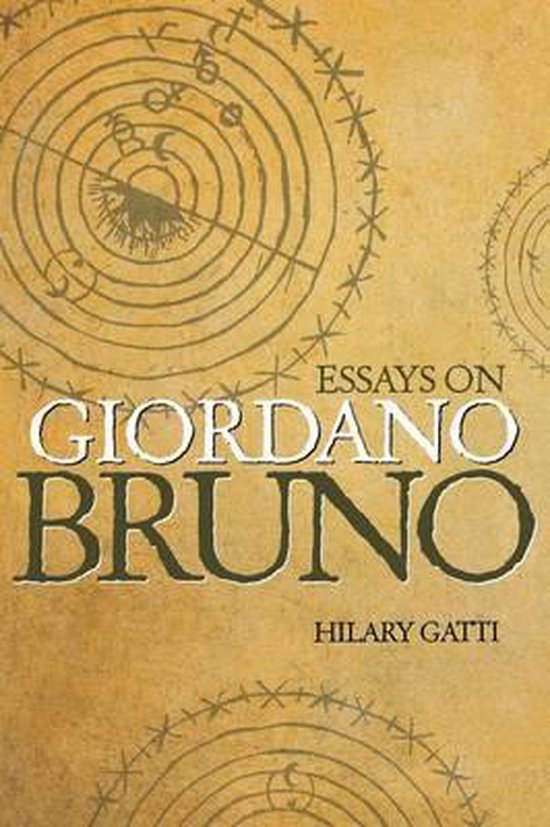
Essays on Giordano Bruno
Gathers essays on the Italian Renaissance philosopher and cosmologist Giordano Bruno by one of the world's leading authorities on his work and life.
This book gathers wide-ranging essays on the Italian Renaissance philosopher and cosmologist Giordano Bruno by one of the world's leading authorities on his work and life. Many of these essays were originally written in Italian and appear here in English for the first time. Bruno (1548-1600) is principally famous as a proponent of heliocentrism, the infinity of the universe, and the plurality of worlds. But his work spanned the sciences and humanities, sometimes touching the borders of the occult, and Hilary Gatti's essays richly reflect this diversity. The book is divided into sections that address three broad subjects: the relationship between Bruno and the new science, the history of his reception in English culture, and the principal characteristics of his natural philosophy. A final essay examines why this advocate of a "tranquil universal philosophy" ended up being burned at the stake as a heretic by the Roman Inquisition. While the essays take many different approaches, they are united by a number of assumptions: that, although well versed in magic, Bruno cannot be defined primarily as a Renaissance Magus; that his aim was to articulate a new philosophy of nature; and that his thought, while based on ancient and medieval sources, represented a radical rupture with the philosophical schools of the past, helping forge a path toward a new modernity.
This book gathers wide-ranging essays on the Italian Renaissance philosopher and cosmologist Giordano Bruno by one of the world's leading authorities on his work and life. Many of these essays were originally written in Italian and appear here in English for the first time. Bruno (1548-1600) is principally famous as a proponent of heliocentrism, the infinity of the universe, and the plurality of worlds. But his work spanned the sciences and humanities, sometimes touching the borders of the occult, and Hilary Gatti's essays richly reflect this diversity. The book is divided into sections that address three broad subjects: the relationship between Bruno and the new science, the history of his reception in English culture, and the principal characteristics of his natural philosophy. A final essay examines why this advocate of a "tranquil universal philosophy" ended up being burned at the stake as a heretic by the Roman Inquisition. While the essays take many different approaches, they are united by a number of assumptions: that, although well versed in magic, Bruno cannot be defined primarily as a Renaissance Magus; that his aim was to articulate a new philosophy of nature; and that his thought, while based on ancient and medieval sources, represented a radical rupture with the philosophical schools of the past, helping forge a path toward a new modernity.
| Auteur | | Hilary Gatti |
| Taal | | Engels |
| Type | | Paperback |
| Categorie | | Wetenschap & Natuur |
